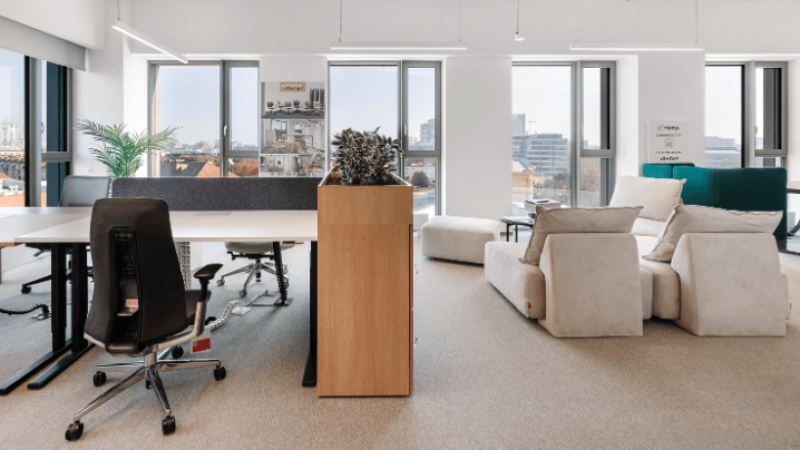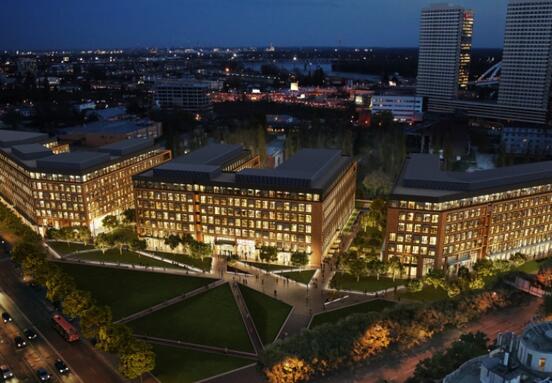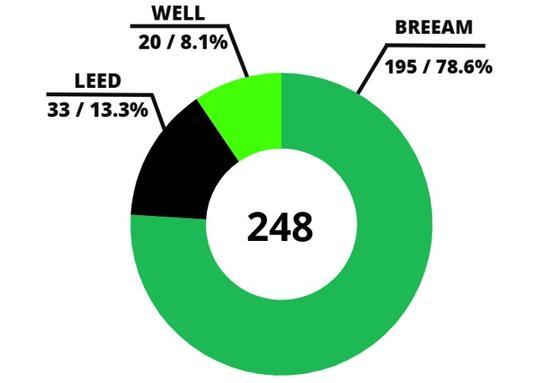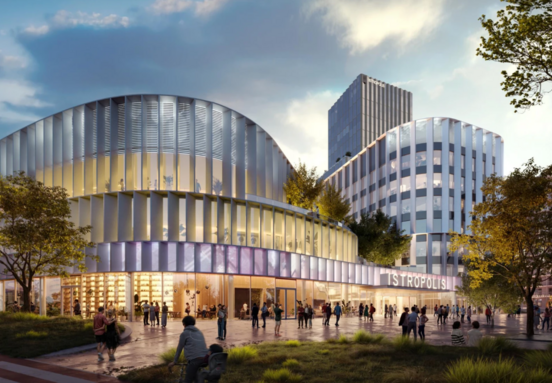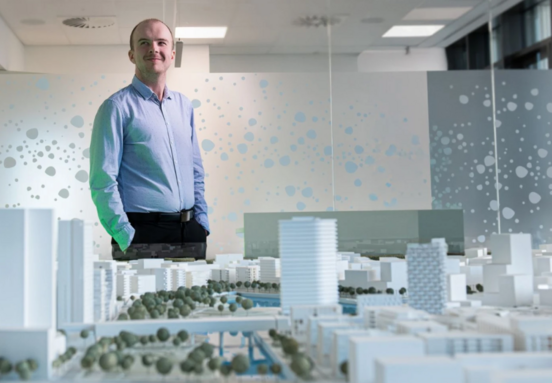Embracing Flexibility: The New Paradigm in Commercial Real Estate
The traditional approach to commercial real estate is rapidly evolving, driven by the need for greater agility and efficiency. Across Europe, and particularly in Slovakia, businesses are increasingly opting for flexible spaces – a trend that is reshaping how companies manage their office, retail, and logistics requirements. This shift prioritizes adaptability, minimizes risk, and maximizes the effective use of valuable space, providing a crucial competitive edge in today’s fast-paced market.
Flexible Offices: A Game Changer for Bratislava Businesses
Why Flexibility Matters for Your Office Space
For modern businesses, the advantages of flexible office spaces are undeniable. This model allows for:
- Quick Adaptation: Seamlessly scale up or down your workspace in response to changing team sizes, project demands, or market conditions.
- Reduced Risk: Avoid the burden of long-term lease commitments and the financial strain of underutilized space, especially critical in uncertain economic climates.
- Enhanced Liquidity: By minimizing upfront capital expenditure on fit-outs and equipment, businesses can free up valuable capital for core operations and growth.
- Hybrid Work Support: Flexible offices are perfectly suited to accommodate hybrid work models, offering collaborative spaces when needed without the overhead of a full-time, traditional office for every employee.
Bratislava: Your Gateway to Flexible Workspaces
Bratislava is at the forefront of this trend, boasting over 40,000 square meters of flexible office space, representing approximately 2.3 percent of its modern office supply. The market is poised for significant growth, with CBRE analysis indicating that flexible spaces, which comprised 12 percent of company portfolios in 2024, are projected to surge to 29 percent by 2027. This growth is largely fueled by the prevalence of hybrid work models and companies’ desire to bypass substantial initial investments.
Moreover, Bratislava offers a highly attractive cost proposition. Rental prices for flexible workspaces range from €150 to €420 per workstation per month, making it a significantly more affordable option compared to other major European capitals. Demand is robust, primarily concentrated in the central administrative zone, with key sectors driving this growth including professional services, IT, financial services, and healthcare.
Beyond Offices: Flexibility Transforms Logistics and Retail
Logistics: Modular Solutions for Dynamic Supply Chains
The logistics sector is mirroring the office market's evolution towards flexibility. Businesses are increasingly seeking modular solutions and short-term lease models for their warehouse and distribution needs. This approach enables greater agility in managing inventory, optimizing supply chains, and responding to fluctuating demand without being tied to rigid, long-term property agreements. The yields in the logistics segment are also noted to be slightly above those in retail, indicating strong market performance and investor interest.
Retail: Stability and Regional Growth
While the focus on flexibility is paramount, the Slovak retail market demonstrates stability. New retail park projects are predominantly emerging in regions outside of Bratislava, suggesting a strategic decentralization to cater to broader consumer bases. This segment, too, benefits from adaptable leasing strategies that allow retailers to pivot quickly to market changes.
The Future is Adaptable: Key Takeaways for Your Business
The overarching message from the European real estate market is clear: adaptability, low risk, and efficient space utilization are no longer just preferences but necessities for sustainable business growth. Whether you are seeking agile office solutions, flexible warehouse space, or strategic retail locations, embracing these trends can empower your business to navigate market dynamics with confidence and secure a competitive advantage.
Source: reality.trend.sk
